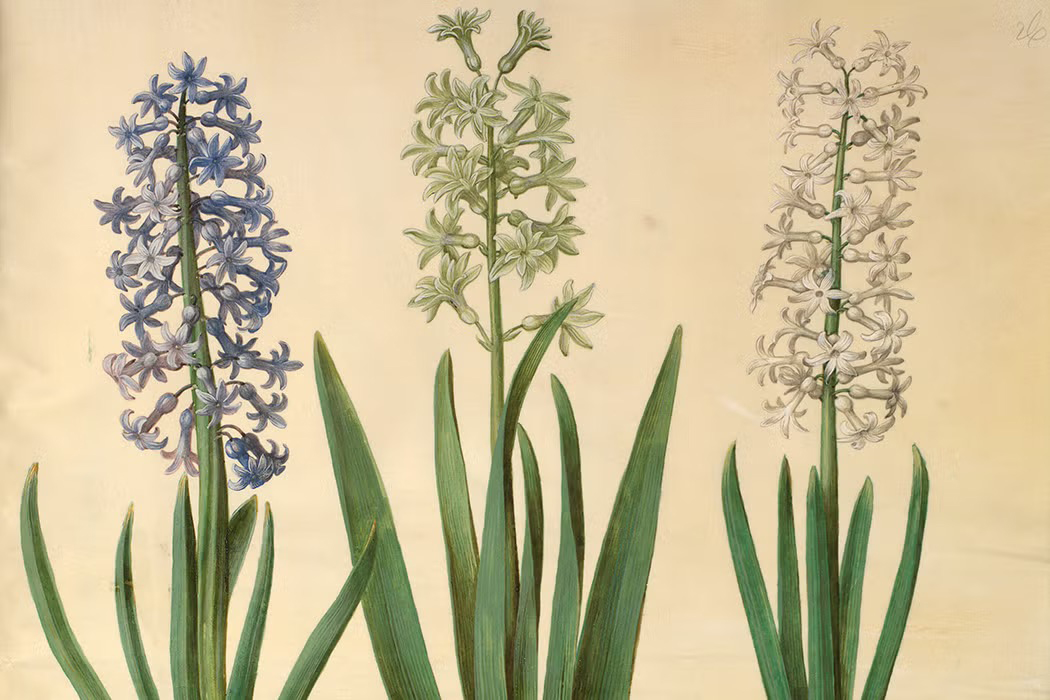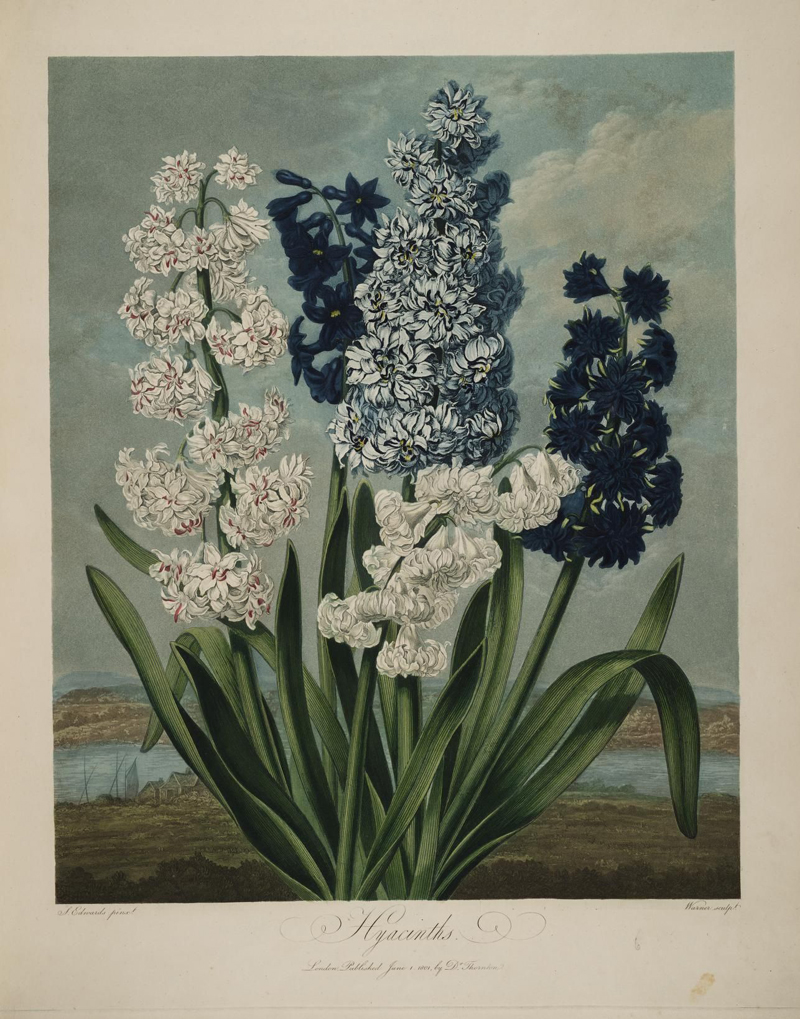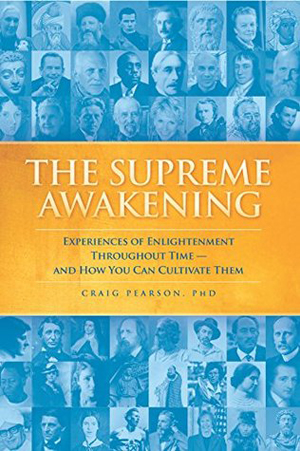
The form of life
“… to know once is to know forever …”
KATHLEEN RAINE (14th June 1908–6th July 2003) was a distinguished British poet, literary scholar and critic. A research fellow at the University of Cambridge, she was prominently known for her studies in Platonism and Neoplatonism, as well as her interest in the writings of William Blake and W. B. Yeats. She also helped found the Temenos Academy, a London-based charity offering education in philosophy and the arts in the light of the sacred traditions of the East and West, for which she was awarded, together with her work overall, numerous literary commendations and honourary doctorial degrees.
The Land Unknown depicts Raine’s time at Cambridge, where she studied botany and zoology as part of her undergraduate tripos, and forms part of an ongoing series of autobiographical memoirs. With the precision of a scientist, she describes in the following extract how she experiences a moment of unbounded awareness, whereupon she quite literally feels to be at one with her surrounding environment.
In light of the political and psychological pain of the current world predicament, Raine offers us a glimpse into an intensely intimate experience far removed from the everyday world. Akin to the Buddha’s Flower Sermon, whereby the Enlightened One held up a single floral bloom in reference to the meaning of existence, her exquisite prose offers us a similar pronouncement on the suchness of things, a state which we can all access for ourselves, right here, now and always.
There was […] a hyacinth growing in an amethyst glass; I was sitting alone, in an evening, at my table, the Aladdin lamp lit, the fire of logs burning in the hearth. All was stilled. I was looking at the hyacinth, and as I gazed at the form of its petals and the strength of their curve as they open and curl back to reveal the mysterious flower-centres with their anthers and eye-like hearts, abruptly I found that I was no longer looking at it, but was it; a distinct, indescribable, but in no way vague, still less emotional shift of consciousness into the plant itself. Or rather I and the plant were one and indistinguishable; as if the plant were a part of my consciousness. I dared scarcely to breathe, held in a kind of fine attention in which I could sense the very flow of life in the cells. I was not perceiving the flower but living it. I was aware of the life of the plant as a slow flow or circulation of a virtual current of liquid light of the utmost purity. I could apprehend as a simple essence formal structure and dynamic process. This dynamic form was, as it seemed, of a spiritual not a material order; or of a finer matter, or of matter itself perceived as spirit. There was nothing emotional about this experience which was, on the contrary, an almost mathematical apprehension of a complex and organized whole, apprehended as whole. This whole was living; and as such inspired a sense of immaculate holiness …
Living form—that is how I can best name the essence or soul of the plant. By ‘living’ I do not mean that which distinguishes animal from plant or plant from mineral, but rather a quality possessed by all these in their different degrees. Either everything is, in this sense, living, or nothing is; this negation being the view to which materialism continually tends; for lack, as I now knew, of the immediate apprehension of life, as life. The experience lasted for some time—I have no idea how long—and I returned to dull common consciousness with a sense of diminution. I had never before experienced the like, nor have I since in the same degree; and yet it seems at the time not strange but infinitely familiar, as if I were experiencing at last things as they are, was where I belonged, where in some sense, I had always been and would always be. That almost continuous sense of exile and incompleteness of experience which is, I suppose, the average human state, was gone like a film from sight. In these matters to know once is to know forever. My mother when she was over eighty confided to me an experience she had had as a girl. ‘I have never told anyone before,’ she said, ‘but I think you will understand.’ It was simply that, sitting among the heather near Kielder ‘I saw the moor was alive’. That was all. But I understood that she had seen what I had seen.
—Kathleen Raine, The Land Unknown
[Extract taken from The Supreme Awakening:
Experiences of Enlightenment Throughout Time and How You Can Cultivate Them
by Craig Pearson.]
Post Notes
- Feature image: Hans Simon Holtzbecker, Hyacinthus Orientalis, Public Domain
- Temenos Academy
- William Blake: All Religions Are One
- Andrew Marvell: On a Drop of Dew
- Julian of Norwich: Revelations of Divine Love
- Marsilio Ficino: Know Thyself
- The Culturium uses affiliate marketing links via the Amazon Associates Programme


